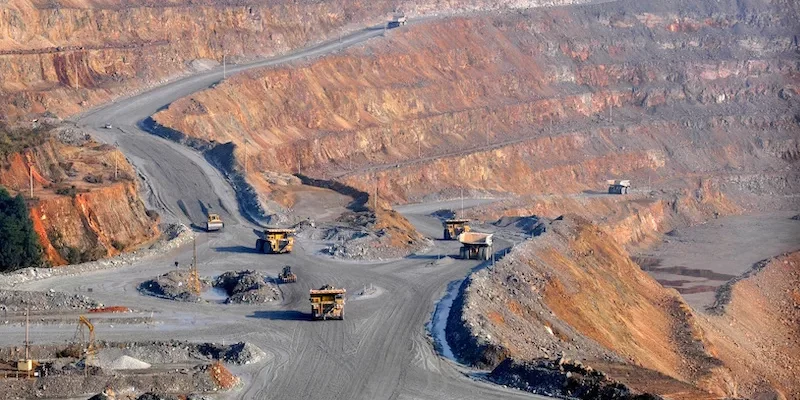A report by the United Nations Conference on Trade and Development (UNCTAD) shows that Africa has the potential to become a major participant in the global supply chain of critical minerals.
According to the report, which was released this month, Africa’s abundance of critical minerals and metals vital for technology-intensive industries and the energy transition, including aluminum, cobalt, copper, lithium, and manganese, offers a new regional market opportunity for businesses and industries seeking to diversify and strengthen their supply chain relationships.
“Key players and stakeholders are looking to strengthen the resilience of existing supply chains by diversifying their sources. This may create an opportunity for African economies to increase their involvement in global supply chains,” indicates the Economic Development in Africa Report 2023.
Recent upheavals in the geopolitical landscape, including trade turbulence, economic uncertainty, and climate challenges, have resulted in African countries becoming an increasingly attractive destination for multinational companies to source high-technology mineral resources. Diversified supply chains offer the potential to reduce inflationary pressure, contribute to increased stability and prosperity, while opening new domestic and regional markets for Africa, thereby contributing to the continent’s socioeconomic development.
“We believe that such a perspective on supply chain diversification provides new opportunities for African economies to position themselves as geographic alternatives and optimize their strategic value for future leading-edge supply chains,” stated UNCTAD Secretary-General Rebeca Grynspan.
Critical mineral development will be crucial for transitioning towards a low-carbon global economy, with lithium, cobalt, copper, manganese, and graphite serving as critical elements for the development of solar panels and lithium-ion batteries used in electric vehicles.
As such, Africa’s abundance of raw materials includes 48% of global cobalt reserves and 47.6% of global manganese reserves, and nearly 15% of copper and 5% of lithium reserves, thereby positioning the continent to make a significant contribution to the global energy transition.
![]()




